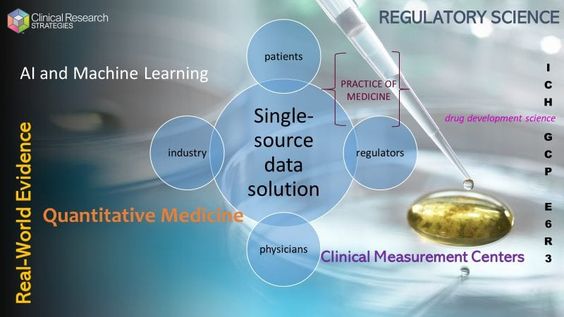
In the past, clinical trials were conducted to test the safety and efficacy of new drugs aiming at a better treatment for patients. This research was essential but also very costly. However, it has not been easy due to increased regulatory costs leading to redundancies and making it difficult for small and medium companies to access new drugs for development as well as high-quality CMC services.
Clinical Trials Regulation
The clinical trial process is becoming increasingly regulated, redundant, and costly, which is impacting medical research. In particular, the number of clinical trials required to bring a new drug to market has increased from an average of 6 in the 1980s to 13 in the 2000s. This increase in regulation has led to longer development times and higher costs for new drugs.
One way that companies are trying to offset these rising costs is by conducting clinical trials in multiple countries. However, this approach can create its own set of problems. For example, different countries have different regulations governing clinical trials, which can create confusion and delays. Additionally, patients in different countries may not be representative of the overall population, which could impact the efficacy of the drug.
The rising costs and complexity of clinical trials is having a significant impact on medical research. Companies are struggling to keep up with the increasing regulations and costs, which is leading to fewer new drugs being developed. This trend is likely to continue unless there is a major change in the way that clinical trials are conducted.
Research Costs and Redundancies
As clinical trial regulations continue to increase, redundancies and costs are also on the rise. This is having a significant impact on medical research, particularly when it comes to funding.
There is a lot of debate about whether or not these regulations are necessary, but many researchers believe that they are essential in ensuring the safety of participants. However, the increased cost of compliance is making it difficult for small research teams to get their work off the ground.
What’s more, many of these regulations are duplicative and don’t necessarily add anything to the safety of the trials. This creates even more unnecessary costs and paperwork for researchers to deal with.
The situation is becoming increasingly untenable, and something needs to be done to address the issue. Otherwise, we risk stifling medical research at a time when we need it most.
The New Rules For Clinical Trials
The clinical trial process is under increased scrutiny, with new regulations and redundancies adding to the already high cost of conducting research. These changes are having a profound impact on the medical research landscape, resulting in fewer trials being conducted and a greater reliance on data from other sources.
The FDA has been tightening its regulations for clinical trials in recent years, requiring more extensive documentation and data collection. This has led to an increase in the cost of running a trial, as well as a reduction in the number of trials being conducted. In addition, new requirements for patient consent and safety monitoring have added to the burden on researchers.
The situation is further complicated by the fact that many clinical trials are now being conducted internationally, which adds another layer of complexity and cost. And as drug development becomes more complex, with longer timelines and higher costs, the number of companies willing to invest in clinical research is decreasing.
All of these factors are having a major impact on medical research. Fewer clinical trials are being conducted, and those that are being conducted are often larger and more expensive. This is making it more difficult to generate the data needed to support new treatments and therapies. As a result, we are increasingly reliant on data from other sources
How the Regulations Will Affect Medical Research
The new regulations on clinical trials will have a profound impact on medical research. The most immediate effect will be an increase in the cost of conducting clinical trials. In addition, the new regulations will create redundancies and delays that will hamper the progress of medical research.
The most significant impact of the new regulations will be on drug development. The new regulations will require that all clinical trials be registered and their results be made public. This will increase the cost of drug development, as companies will now have to pay for the registration and publication of their clinical trial results. In addition, the new regulations will lengthen the time it takes to develop a new drug, as companies will now have to wait for their clinical trial results to be published before they can submit them to regulators for approval.
The impact of the new regulations on medical research will be far-reaching. They will increase the cost of conducting clinical trials and delay the progress of medical research.
Conclusion
The increasing regulations, redundancies, and costs associated with clinical trials are having a negative impact on medical research. These factors are making it more difficult for researchers to conduct studies and develop new treatments. As a result, patients may not have access to the latest therapies and treatments. We need to find a way to streamline the clinical trial process so that medical research can continue to move forward and improve the lives of patients.





